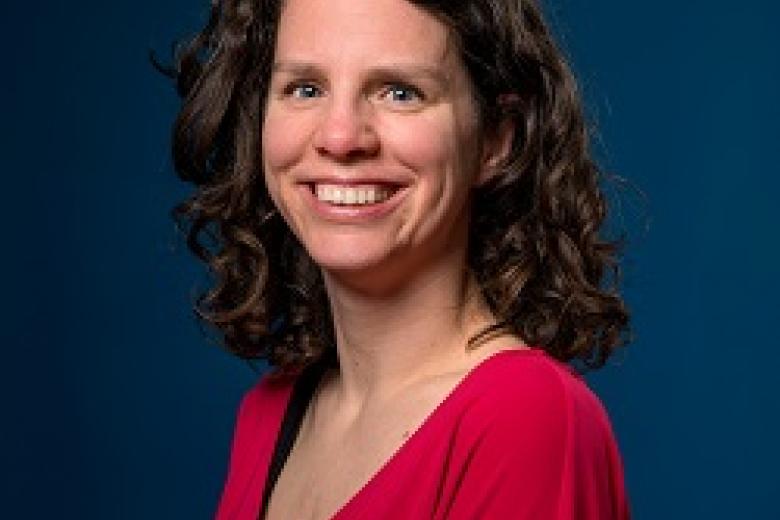Universities are breeding grounds for collaboration, innovation and start-ups
Today the Association of Universities in the Netherlands (VSNU) launches the online magazine ‘Valorisatie in beeld’, in which the 14 Dutch universities reveal how scientific knowledge benefits society. From social cooperation, media appearances and university museums to start-ups, patents and research relationships with the business community: all kinds of knowledge utilisation are featured.
Today the Association of Universities in the Netherlands (VSNU) launches the online magazine ‘Valorisatie in beeld’, in which the 14 Dutch universities reveal how scientific knowledge benefits society. From social cooperation, media appearances and university museums to start-ups, patents and research relationships with the business community: all kinds of knowledge utilisation are featured.
In addition to teaching and conducting research, knowledge utilisation – called valorisation – is a third core activity of universities. Scientists ensure that their inventions, knowledge and ideas find a place outside the university and benefit society. The magazine ‘Valorisatie in beeld’ presents an assortment of these different types of valorisation in the year 2016, presenting only a smal portion of the scientific contributions to the many forms of knowledge utilisation in the Netherlands. The magazine shines a spotlight on figures and practical examples from each university, supported by interesting articles, videos and infographics.
Making valorisation visible and measurable
Valorisation is day-to-day practice for all universities, but it is not always visible. Initiatives have therefore emerged in the Netherlands and neighbouring countries in order to make these activities visible and measurable. Dutch universities subsequently developed valorisation indicators based on a common definition. Each university then chose its own set of indicators to make its form of knowledge utilisation visible. This also helps universities to enhance their own profiles. The results can be found in the E-magazine.
Also read
-
PhD research shows impact of aggression on staff and patients in forensic care
Nienke Verstegen, researcher at De Forensische Zorgspecialisten, has conducted research on aggression within forensic care and its impact on patients and staff. On July 6, 2023, she will receive her PhD from Maastricht University with her dissertation ' Hurt people hurt people. Characteristics and...
-
No evidence of brain damage caused by severe COVID-19
Patients admitted to hospital due to a severe COVID-19 infection exhibit no evidence of brain damage caused by the disease. This is the conclusion of an extensive study led by Maastricht University.
-
Cold shivers?
Due to the Western lifestyle with a high fat diet combined with little exercise, more and more people in the Netherlands are overweight or even obese. This causes an increased risk of type II diabetes. What can be done about this besides a healthier lifestyle? The answer comes from an unexpected source...